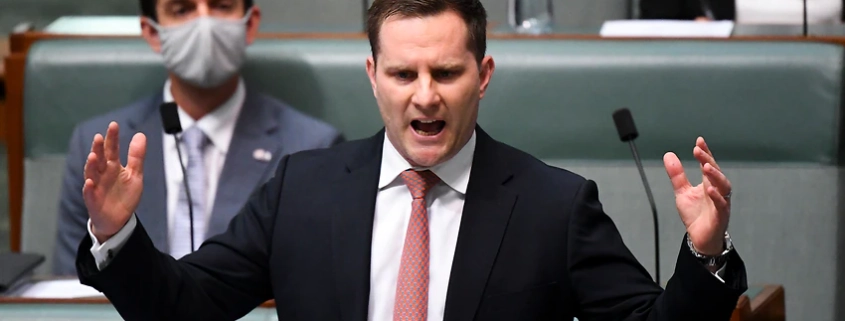Mobile Device Management Company Mosyle Gets $196 Million in Funding
The firm has had triple digit revenue growth since 2020.
Mosyle, the mobile device management firm, has closed a $196 million funding round. It was led by New York-based global private equity and venture capital firm Insight Partners. StepStone Group and all previous investors, including Elephant and Album VC, also participated.
The company has also launched its Apple Unified Platform. Mosyle will use the funding to continue to fuel the platform and company growth with businesses and and educational institutions. Mosyle said its Apple Unified Platform is the first and only solution designed to fully integrate five critical applications into a single Apple-only platform. It combines mobile device management (MDM), endpoint security, internet privacy and security, identity management and application management. This makes it easier for businesses to deploy, manage and protect Apple devices at work and schools, the company said.

Insight Partners’ Rebecca Liu-Doyle
Rebecca Liu-Doyle is managing director at Insight Partners.
“Mosyle’s relentless focus on continuous product innovation, ease of use and world-class customer support has solidified its position as a preferred platform for enterprises and educational institutions large and small in the growing Apple device management space,” Liu-Doyle said.
Its Apple Unified Platform has enabled Mosyle to “elegantly unify” MDM with a broader suite of mobile security solutions.
A Single Platform
Mosyle’s Apple Unified Platform integrates five previously disparate features and functions into a single platform. This includes:
- Enhanced device management: Delivers full MDM for macOS, iOS and tvOS, zero-touch deployment and automated ongoing management, support for shared devices, support for BYOD, and integrations with Google, Microsoft, Active Directory and more.
- Endpoint security: Deploys 24/7 protection regardless of location, ensuring devices leverage the latest macOS security tools, follow leading cybersecurity recommendations, and meet industry compliance mandates.
- Internet privacy and security: Provides encrypted DNS functionality that automates web filtering and encryption exclusively on Apple…



